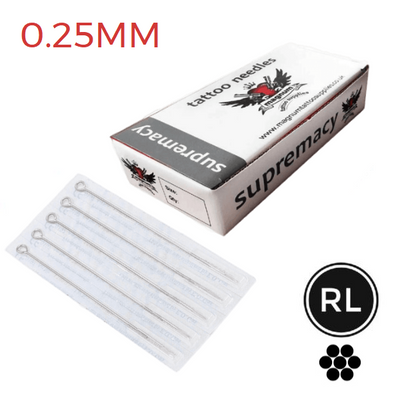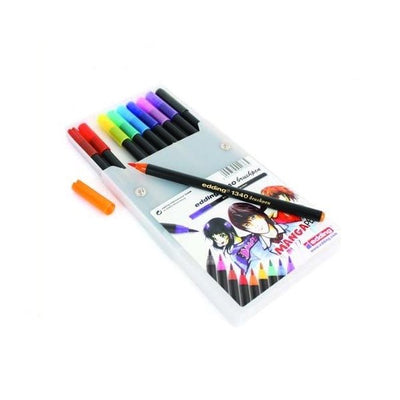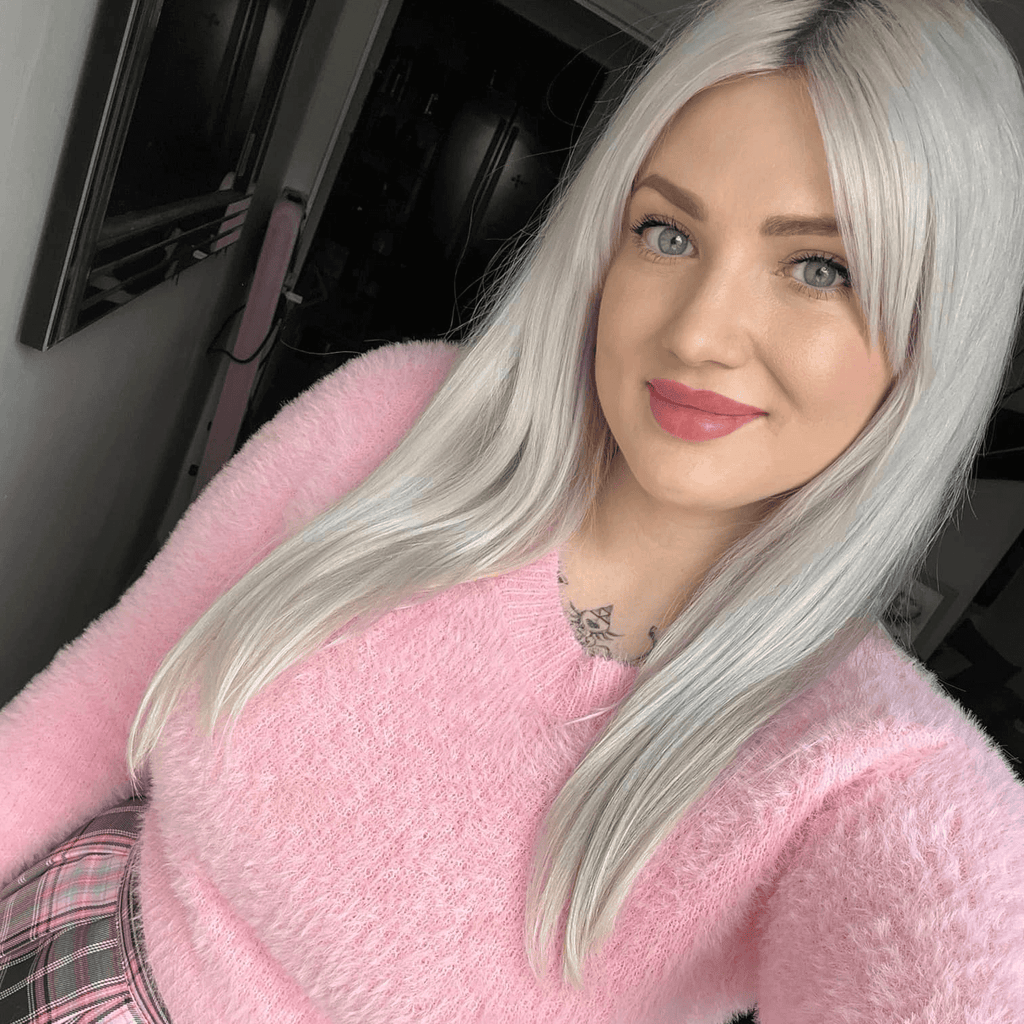Mental health can be hard to talk about, and it's often difficult for people to express their feelings. Finding ways to express yourself without having to verbalise your thoughts and emotions can be a challenge. You may even feel like you don't have the tools or resources available to cope with mental illness.
Tattoos are becoming increasingly popular as a form of self-expression and for mental health purposes. Mental health tattoos can show resilience, strength, courage, and other positive qualities that the wearer has gone through in life.
Self-expression tattoos showcase creativity while allowing individuals to express themselves in unique ways without saying anything at all. This article will explore body art as a form of self-expression and how it can help people cope with mental illnesses or difficult times in life.
Be sure to look after your tattoos with the best tattoo aftercare. Shop MTS Tattoo Balm and give your tattoos the care and attention they deserve.

Why do people get tattoos?
There are many reasons why someone might choose to get tattooed. Some people get tattoos purely for aesthetic purposes. Meaningful tattoos can be symbols of freedom and self-expression, while others may use them to commemorate important moments in their life. However, one of the most significant motivations behind getting a tattoo is related to mental health.
The psychology of tattoos
Tattoos can hold great personal meaning and significance for each individual, making the psychology of tattoos a complex and diverse subject. However, studies have shown that individuals with tattoos tend to have higher levels of extraversion, openness to experience, and thrill-seeking. These traits can lead to a greater willingness to take risks and engage in activities, such as getting tattoos, in order to express their unique identities and stand out from the crowd.
Ultimately, the psychology behind tattoos is multifaceted, but it often reflects a desire to express oneself and assert a sense of personal autonomy and individuality.
Why are tattoos good for self-expression?
Tattoos are a great way to express yourself and your individuality. They provide an avenue for expressing personal beliefs, stories, and experiences in a unique and permanent way. With tattoos, you can create artwork that is specific to you—and no one else—that will be with you forever. In many ways, your own tattoo reminds you of your own identity and can help build resilience against negative self-talk or self-doubt.
It’s also an opportunity to reclaim your body and tell the world who you are without having to say a word. Tattoos allow people to take control of their own identity, which can be incredibly empowering.

What are examples of mental health tattoos?
Mental health tattoos are a great way to express the struggles that one has faced or is currently facing. They can act as a gentle reminder of one's own strength and resilience while also serving as symbols of hope for people dealing with difficult circumstances.
Examples of mental health tattoos include phrases such as “I am enough”, “It’s okay to not be okay”, and “This too shall pass.” Butterfly tattoos are often used to represent transformation and rebirth, while other mental health symbols like the green ribbon can make appropriate tattoo designs.
The most meaningful tattoo design however, is probably the semicolon tattoo. Project semicolon was set up to aid suicide prevention, and the symbol serves as a constant reminder that life is still worth living despite hardship.
It's important to remember that every tattoo design tells a personal story and has a unique meaning for the wearer. These tattoo designs are not always linked to mental health issues so always be mindful before asking someone about their tattoos.
How can tattoos increase mental health awareness?
Tattoos can be used to promote mental health awareness and encourage people to seek help. They can also act as a conversation starter, which can help destigmatise mental health illness. By sharing the stories behind their tattoos, people have the opportunity to start a dialogue about their struggles in an open and safe space.
Ultimately, tattoos can act as powerful visual reminders that we all have the capacity to overcome our mental health struggles no matter what. They can also be a source of strength and hope when times are tough and remind individuals that they are not alone in their journey towards recovery.

How to find the right artist for a mental health tattoo
When looking for a tattoo artist to create your tattoo, it’s important to find someone who is sympathetic towards your cause and understands the importance of creating an artwork that is meaningful and personal. It’s also helpful to look for someone who has experience creating tattoos with various styles, as this will ensure that your final design is unique and visually stunning.
Lastly, make sure that you choose a reputable artist who works in a clean and sterile environment. This will help ensure your safety and the quality of the work.
It might seem intimidating to get a mental health-inspired tattoo, but it can be very rewarding to have something tangible that serves as a reminder of your strength and resilience. By finding the right artist and taking the time to create a meaningful design, you can make sure that your tattoo will serve as a source of inspiration for years to come.
Tattoos, mental health, and self-expression
Tattoos can play an important role in how we view ourselves, as well as how others perceive us. They are a form of self-expression and body modification that can help people through a mental health journey or process of self-discovery.
People may choose to use tattoos as a way to express themselves without having to say anything at all. They can also be used as a way to raise awareness of mental health and encourage people to seek help. Ultimately, tattoos can be an incredibly powerful and meaningful way to express oneself and assert a sense of personal autonomy and individuality.
Remember to show love to your body art and shop the tattoo aftercare collection today.



























































 Studio supplies
Studio supplies












 Power & batteries
Power & batteries








 Aftercare
Aftercare





















 Apprentice
Apprentice


 Piercing & jewellery
Piercing & jewellery







 PMU supplies
PMU supplies




 New arrivals
New arrivals
 Gift vouchers
Gift vouchers
 Shop all
Shop all















































